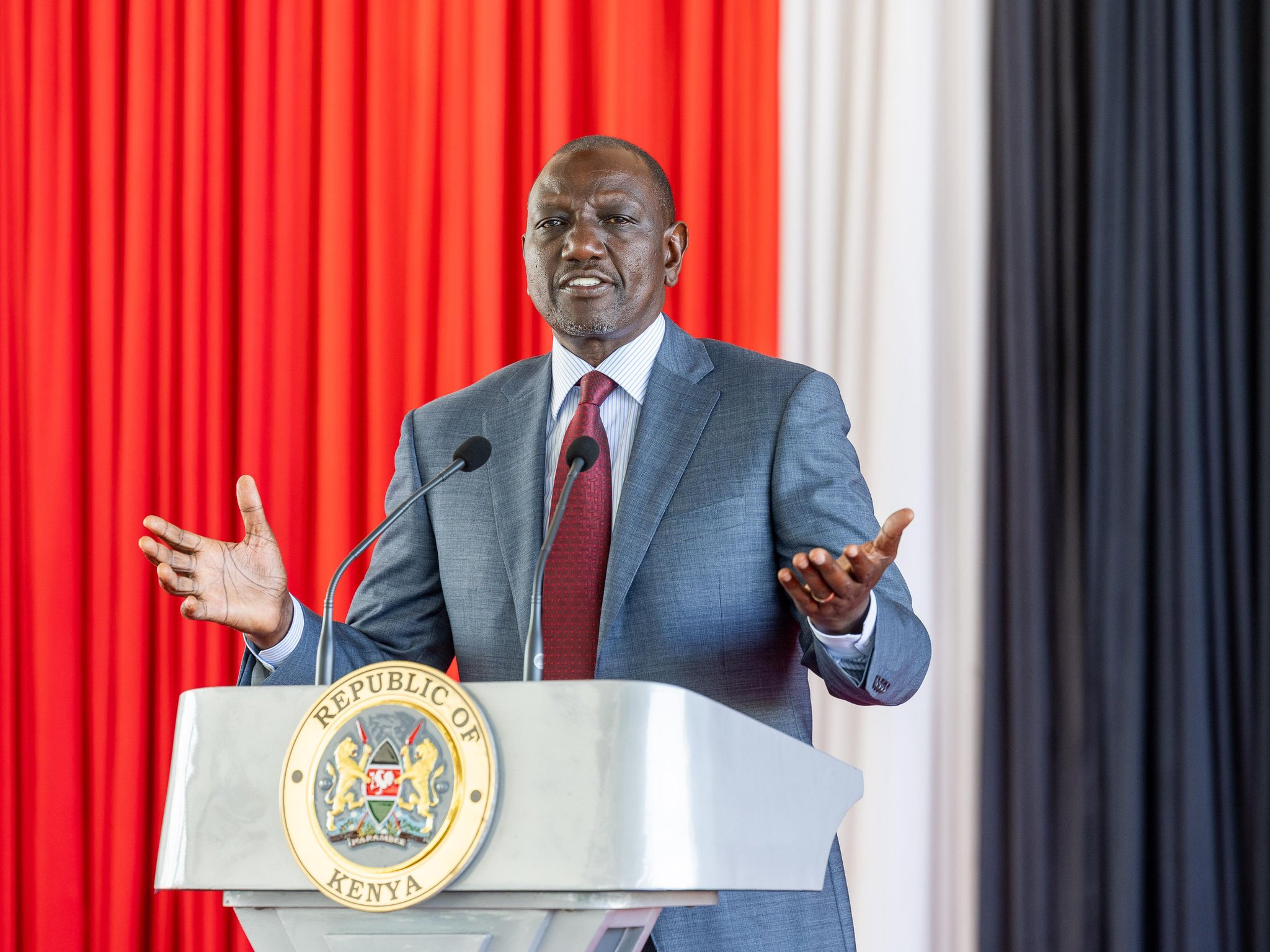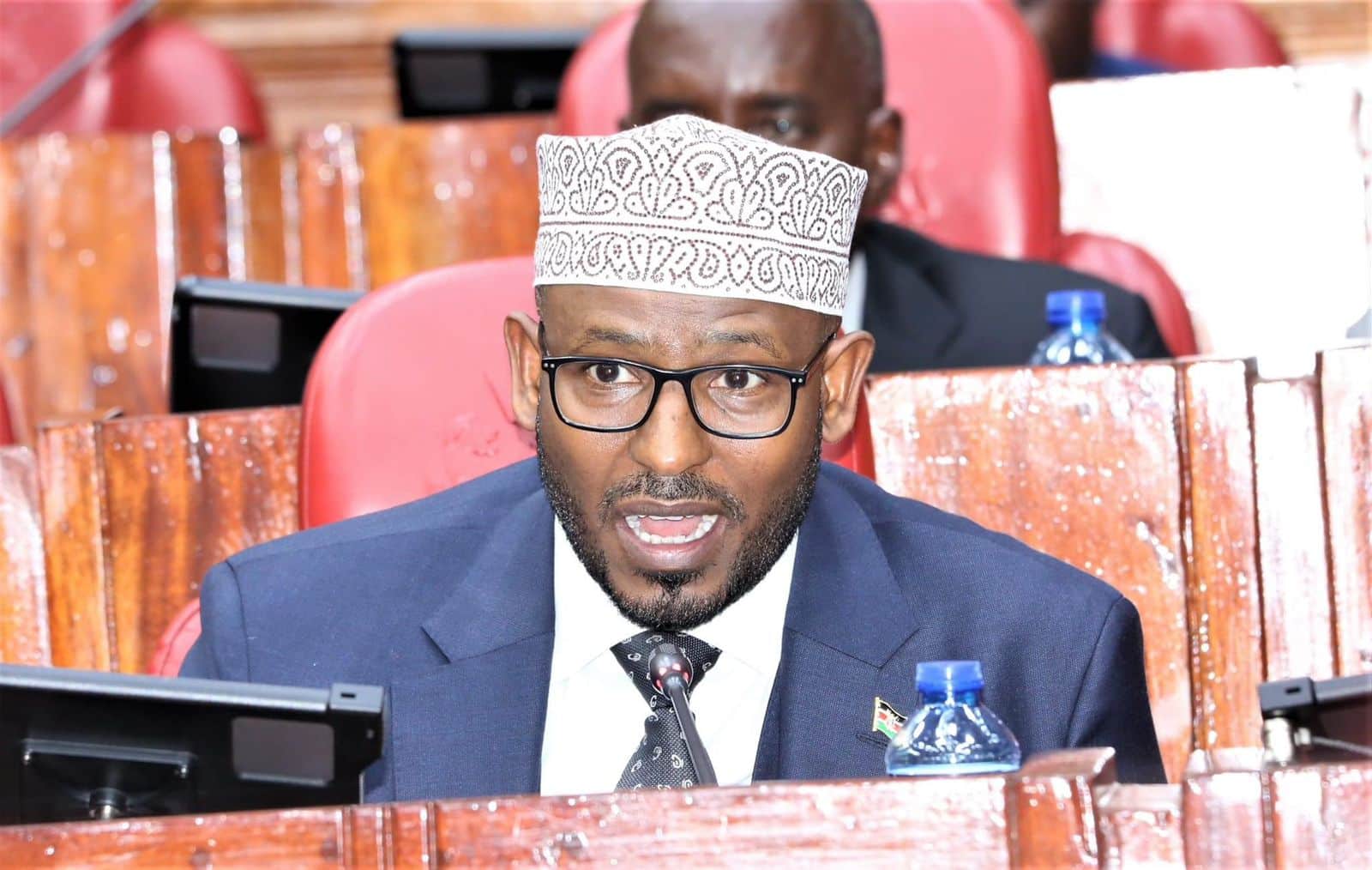Kenya’s presidency under William Ruto has officially been “forged in fire.” Three years into office, the leader who once rallied the masses under the banner of the “hustler nation” now presides over a nation gripped by disillusionment, protest, and unfulfilled political and economic promises.
President Ruto rose on a wave of urban energy and hope—a populist maverick determined to lift ordinary Kenyans. Yet today, that image lies in ruins. Sharp anger simmers among youth and urban communities, who accuse him of abandoning the working class and consolidating power at their expense.
At the heart of the unrest is a generational revolt. Demonstrations led by Gen Z over cost-of-living hardship, police violence, and collapsing trust erupted against the Finance Bill in 2024 and re-ignited this year following the death of a popular blogger in police custody.
Violent clashes, dozens of deaths, and widespread arrests have transformed Ruto’s presidency into a lightning rod for national dissatisfaction.Promises of economic transformation have collapsed under a deluge of taxes, levies, and austerity measures. Fuel subsidies were scrapped.
A controversial housing levy and ambiguous taxes on staple goods stung the poor, eroding the support that once defined his political platform.Ambitious flagship projects like the Hustler Fund and an affordable housing agenda have consistently lagged.
Funding shortfalls, administrative lapses, and underperformance have left citizens grappling with broken dreams and empty certificates. Only a fraction of promised homes have been delivered, while access to small-business credit remains elusive.
Meanwhile, rising national debt, incremental IMF-supported austerity, and a shrinking fiscal space have tightened the noose. Despite modest GDP gains, most Kenyans are feeling inflation-pinched and financially strangled, skepticism fueled further by growing perceptions of elite enrichment and opaque governance.
Political brand fatigue is accelerating. Institutions once aligned with Ruto—including religious groups—have turned wary or silent. His expanded cabinet and aggressive rhetoric against dissent have failed to quell the growing “wantam” (one term) narrative, particularly among digitally savvy youth who coordinate via social media and resist traditional party structures.
As Ruto passes this three-year milestone, the stakes have never been higher. The upcoming election looms over a fractured national narrative—one where the opposition is weak, yet the public appetite for genuine change is palpable.












Leave a Reply